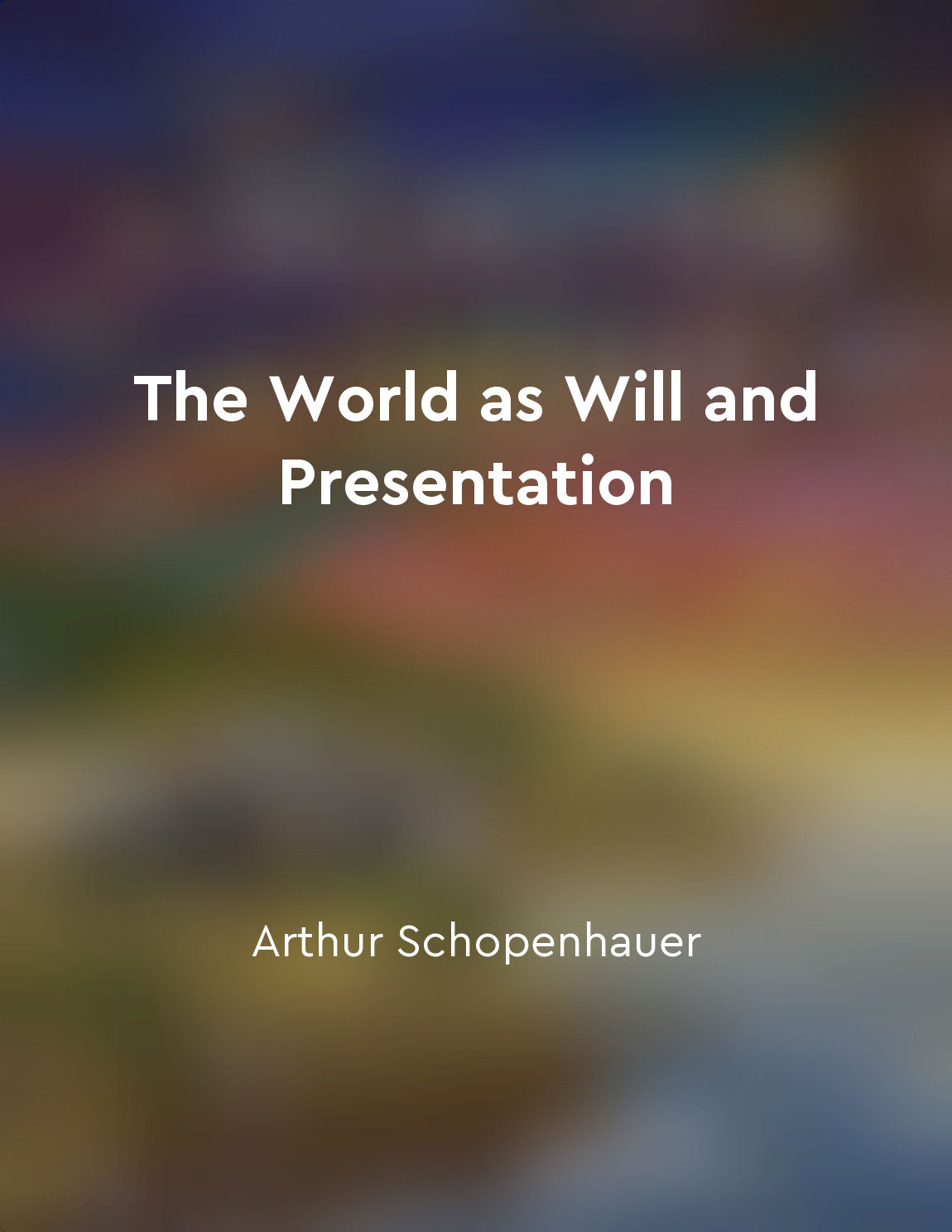Deconstruction as a challenge to traditional philosophy from "summary" of Derrida and Deconstruction by Hugh J. Silverman
The concept of deconstruction poses a significant challenge to traditional philosophy by questioning the foundational assumptions that have long underpinned philosophical inquiry. Deconstruction, as articulated by Jacques Derrida, seeks to destabilize binary oppositions and hierarchies that have historically shaped philosophical thought. Through an analysis of language, Derrida reveals the inherent ambiguity and complexity that defies simple categorization or definition. By deconstructing the metaphysical frameworks that have traditionally guided philosophical discourse, Derrida highlights the limitations of Western philosophy's reliance on fixed meanings and clear definitions. Instead, he emphasizes the fluidity and multiplicity of meanings that emerge through the play of language. This emphasis on the indeterminacy of language challenges the notion of a stable truth or essence that philosophy has traditionally sought to uncover. Furthermore, deconstruction disrupts the hierarchical structures that have governed philosophical thought by exposing the ways in which binary oppositions (such as presence/absence, speech/writing, or nature/culture) are interconnected and mutually constitutive. Derrida's critique of logocentrism, or the privileging of speech over writing, reveals the biases inherent in traditional philosophical frameworks and calls into question the very foundations of Western metaphysics. Through his deconstructive approach, Derrida invites a reevaluation of the assumptions that have shaped philosophical inquiry, challenging philosophers to confront the inherent instabilities and contradictions that underlie seemingly coherent systems of thought. Instead of seeking definitive answers or absolute truths, deconstruction encourages a more open-ended and exploratory approach to philosophical questions, one that embraces uncertainty and ambiguity as integral aspects of human experience. In this way, deconstruction serves as a radical challenge to traditional philosophy, inviting philosophers to rethink their approaches to knowledge, language, and meaning. By embracing the complexities and contradictions that deconstruction reveals, philosophers can move beyond the constraints of binary thinking and explore new possibilities for philosophical inquiry.Similar Posts
Ethics and politics in deconstruction
The relationship between ethics and politics in deconstruction is a complex and multifaceted one, involving a careful examinati...

The insatiable nature of desire leads to suffering
The fundamental drive that propels human existence is the insatiable nature of desire, a force that pushes individuals to const...
Deconstruction and the decentering of the subject
Derrida's concept of deconstruction involves a critical analysis of the fundamental assumptions underlying Western philosophy. ...

Enlightenment ideals and their legacy
The Enlightenment ideals that emerged in the 18th century were founded on reason, skepticism, and the belief in progress. This ...
Metaphysics must think beyond the obvious
Metaphysics, as the study of being as such, must transcend the ordinary understanding of reality. It cannot be limited to what ...
Tracing the roots of deconstruction
In order to truly understand the complex and often misunderstood concept of deconstruction, it is imperative to trace its roots...
Need for intellectual humility
The need for intellectual humility is a concept that is often overlooked in philosophical discussions. It is the recognition th...
